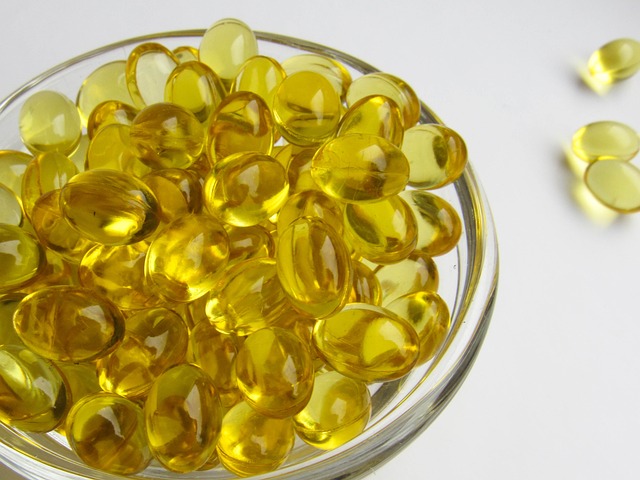Understanding How Dietary Changes Can Affect Male Fertility
As men age, their fertility decreases. Making dietary choices that can help improve male fertility is a great way to support reproductive health and increase the likelihood of conception. This article will explore how different dietary changes can have an impact on male fertility and provide tips for optimizing nutrition to help maintain reproductive health. We’ll also discuss what to look out for when it comes to the best male fertility supplements and foods and how to work with a healthcare provider to create a personalized nutrition plan. Read on to learn more about male fertility and how diet can make all the difference.
Eat a Balanced Diet
Eating a balanced diet is essential for optimal fertility and reproductive health. A healthy male diet should include plenty of fruits, vegetables, whole grains, lean protein sources like fish or poultry, low-fat dairy products, and heart-healthy fats such as olive oil. Avoiding processed and refined foods high in saturated fat, trans fat, and salt can also help to support fertility.
Increase Antioxidant Intake
Antioxidants are molecules that help to protect cells from damage caused by free radicals. Free radicals can cause oxidative stress in the body, which may lead to a decrease in sperm health and male fertility. Eating foods high in antioxidants, such as fruits, vegetables, nuts, and seeds, can help reduce oxidative stress and protect the body from damage.

Get Adequate Vitamin D
Vitamin D is important for male fertility because it helps promote healthy sperm production. Inadequate vitamin D levels have been linked to lower semen quality and decreased fertility in men. Aim to get 15 minutes of sunlight each day and include foods high in vitamin D, such as salmon, mackerel, egg yolks, and fortified milk, in your diet to ensure you’re getting enough vitamin D.
Avoid Certain Supplements
 Taking certain supplements can cause hormonal changes that may lead to decreased fertility. For example, testosterone boosters have been linked to low sperm counts, and high doses of vitamin E or vitamin A can cause infertility. If you’re considering taking a supplement, it’s important to speak with your healthcare provider first to ensure it won’t have a negative impact on your fertility. Making dietary changes that support male fertility is an important step in optimizing reproductive health.
Taking certain supplements can cause hormonal changes that may lead to decreased fertility. For example, testosterone boosters have been linked to low sperm counts, and high doses of vitamin E or vitamin A can cause infertility. If you’re considering taking a supplement, it’s important to speak with your healthcare provider first to ensure it won’t have a negative impact on your fertility. Making dietary changes that support male fertility is an important step in optimizing reproductive health.
Eating a balanced diet with plenty of antioxidant-rich foods and adequate vitamin D can help to increase fertility. Avoiding certain supplements that may cause hormonal changes leading to decreased fertility, is also important.

